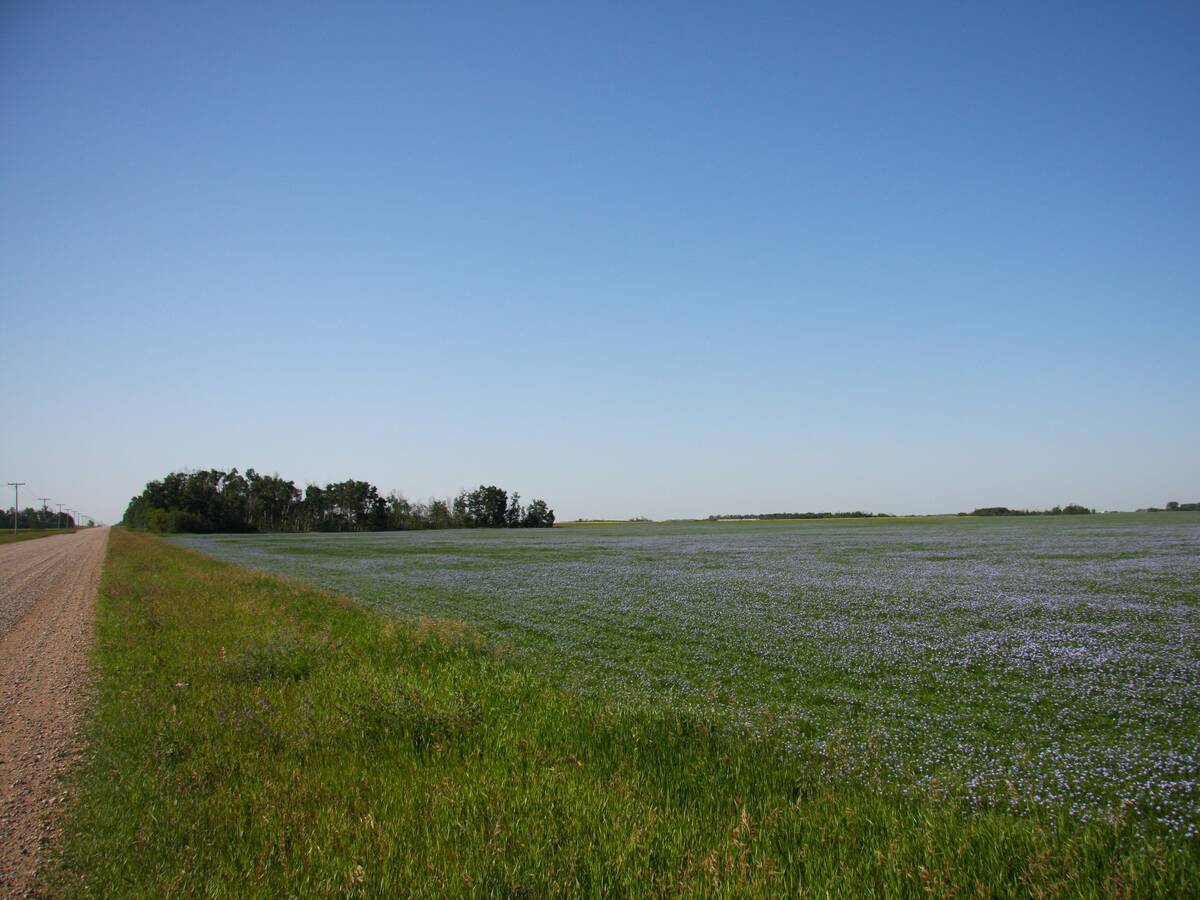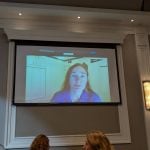Don Boles, a farmer from Three Hills, Alta., usually runs an informal election poll to predict which party will win the Alberta election.
Each person throws in a couple of bucks and they predict how many seats each party is going to take. Whoever is closest takes the pot. This year he didn’t bother because there was so little interest in the Nov. 22 election.
“It’s such a foregone conclusion it’s tough to get guys interested,” said Boles.
No one is talking about the election in Westlock, Alta., either, said Gary Jarvis of Triple J Livestock.
Read Also

Farmland advisory committee created in Saskatchewan
The Saskatchewan government has created the Farm Land Ownership Advisory Committee to address farmer concerns and gain feedback about the issues.
“It’s a non issue,” said Jarvis during a weekly calf sale at the central Alberta auction market.
He attributes the lack of interest to a combination of voter fatigue and frustration with the Progressive Conservative government led by premier Ralph Klein.
“Ralph Klein, he did really well the first two terms, and after that he got complacent. He’s become arrogant. But who do we vote for? The other people who are running we don’t have a clue. They’ve never stopped around,” said Jarvis.
He senses a growing resentment in rural areas against the Conservative government that has been in power since 1971. Still, he acknowledges that many Albertans are satisified with Klein.
“They think Klein is God around here. The poor guy who runs against him hasn’t got a hope. I’m not saying they have to have the Tories out. I wouldn’t want the Liberals or the NDP in, but I think we need some good top-calibre opposition out there to keep this government on its toes.”
Jarvis predicted this election will see the province’s lowest ever voter turnout.
Roger Epp, acting dean of the Augustana campus of the University of Alberta, said that if there had been a spot on the ballot during the last election that said ‘I’m voting Conservative but I’m not happy about it,’ it would have won hands down.
Epp said unrest simmers in rural areas, but it won’t show in the polls, especially outside the major centres.
“I think that if there would ever be political change in this province, it would not come from the rural. It would be a surprise to the rural, even though there is enough kindling out there to start a pretty good fire,” said Epp.
Despite the hard times in rural Alberta, there isn’t any more interest near Bonnyville, in northeastern Alberta.
“It’s a very dull election,” said former Alberta agriculture minister Ernie Isley.
“It’s very quiet out here.”
Denis Ducharme, the local Conservative candidate, is running for his third time, and there are Alliance, Liberal and New Democrat candidates, but none are residents of the riding.
Elections haven’t always been dull in his area, Isley said. He was running for his fourth time in 1993 when a Liberal in the race knocked him out. In the next election, in 1997, the Conservative candidate bumped the Liberal MLA in a close race.
“That seemed to have taken all the heart out of the Liberal party. They’re virtually dead again,” said Isley. He noted the NDP haven’t been a factor since 1980.
Isley predicts the Conservative party will have little fight from the opposition, but there will also be few people who turn out to vote Nov. 22.
“You run a lacklustre campaign and people start thinking ‘why should I go out and vote,’ ” said Isley. “The rest of rural Alberta, unless something really goes wrong, will stay pretty strong.”
“The last set-aside program quieted down a lot of criticism,” said Isley, who had heard rumbling about how little money went to cow-calf producers in previous government BSE aid programs.
Jarvis wonders how effective the calf set-aside program will be by next October when the calves go back on the market, a year after the election. He pointed to the province’s money from energy revenue as the reason for the lethargy.
“When you got lots of money off energy, it takes a pretty bad government to not come out smelling like a rose.”














